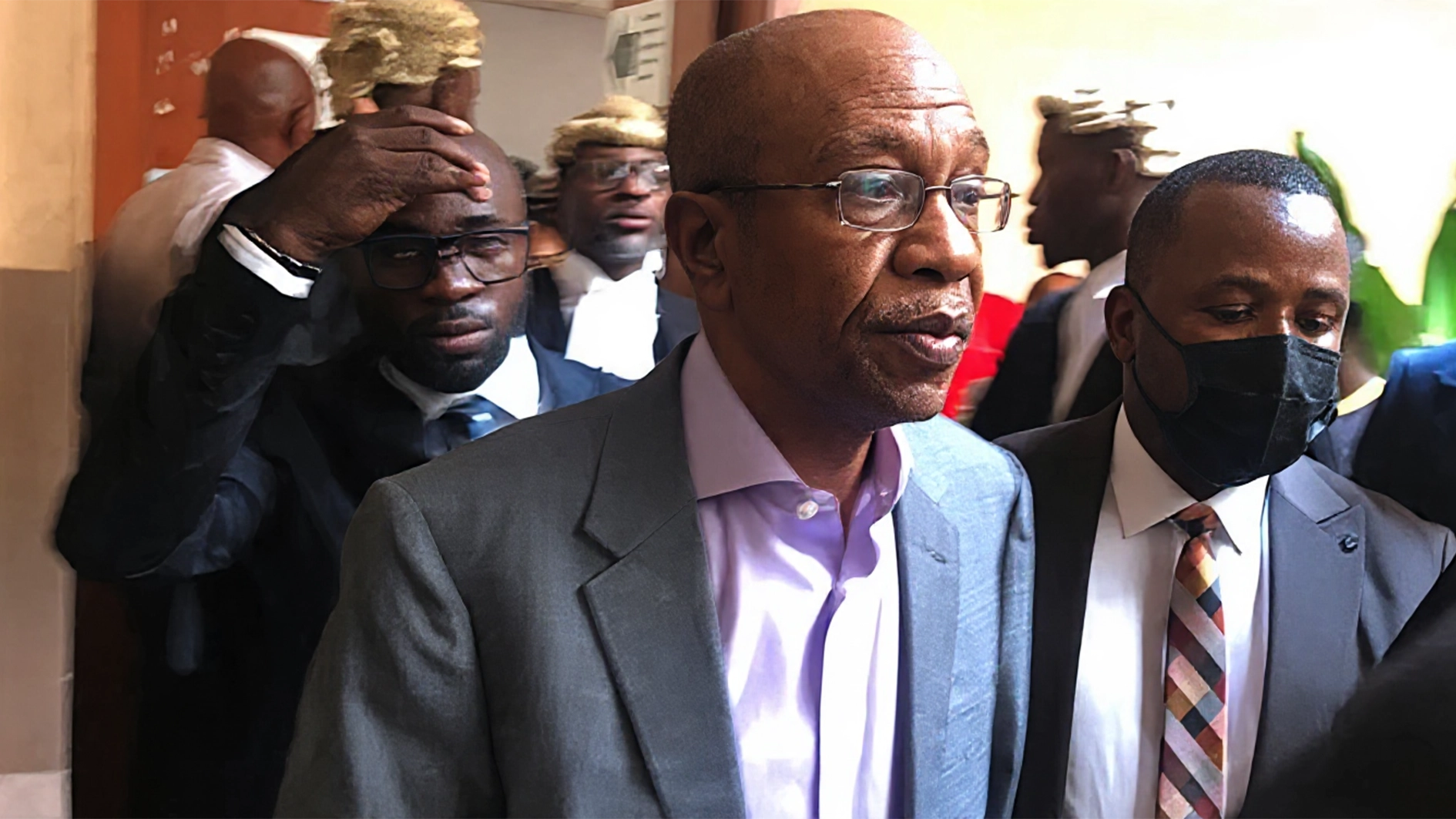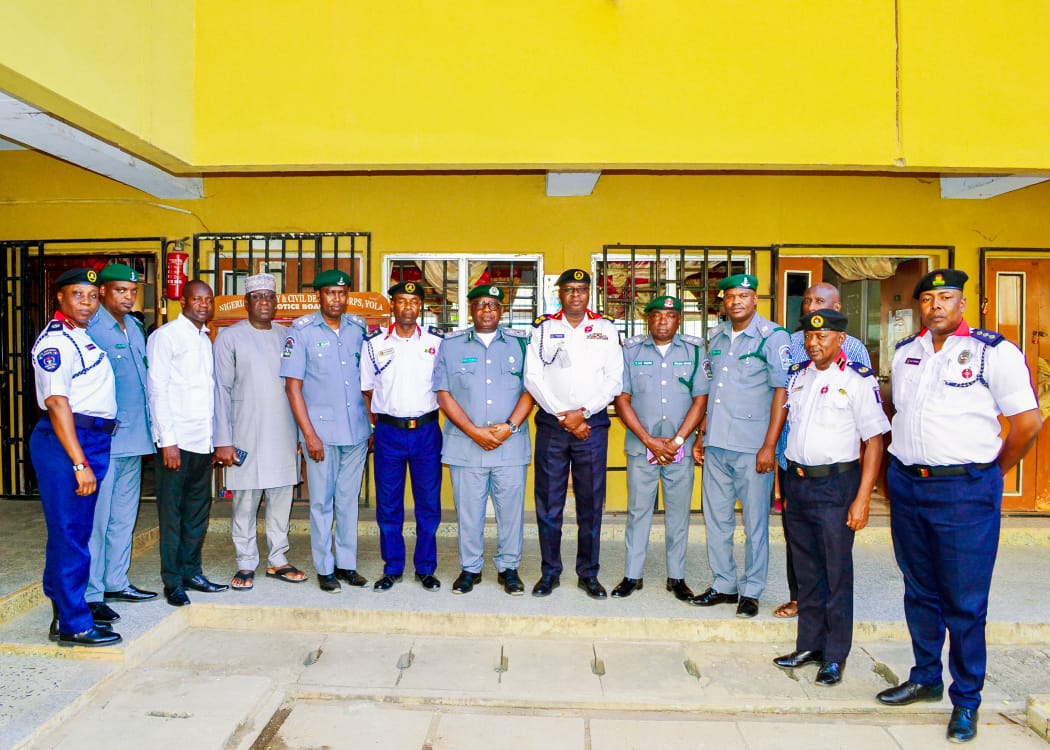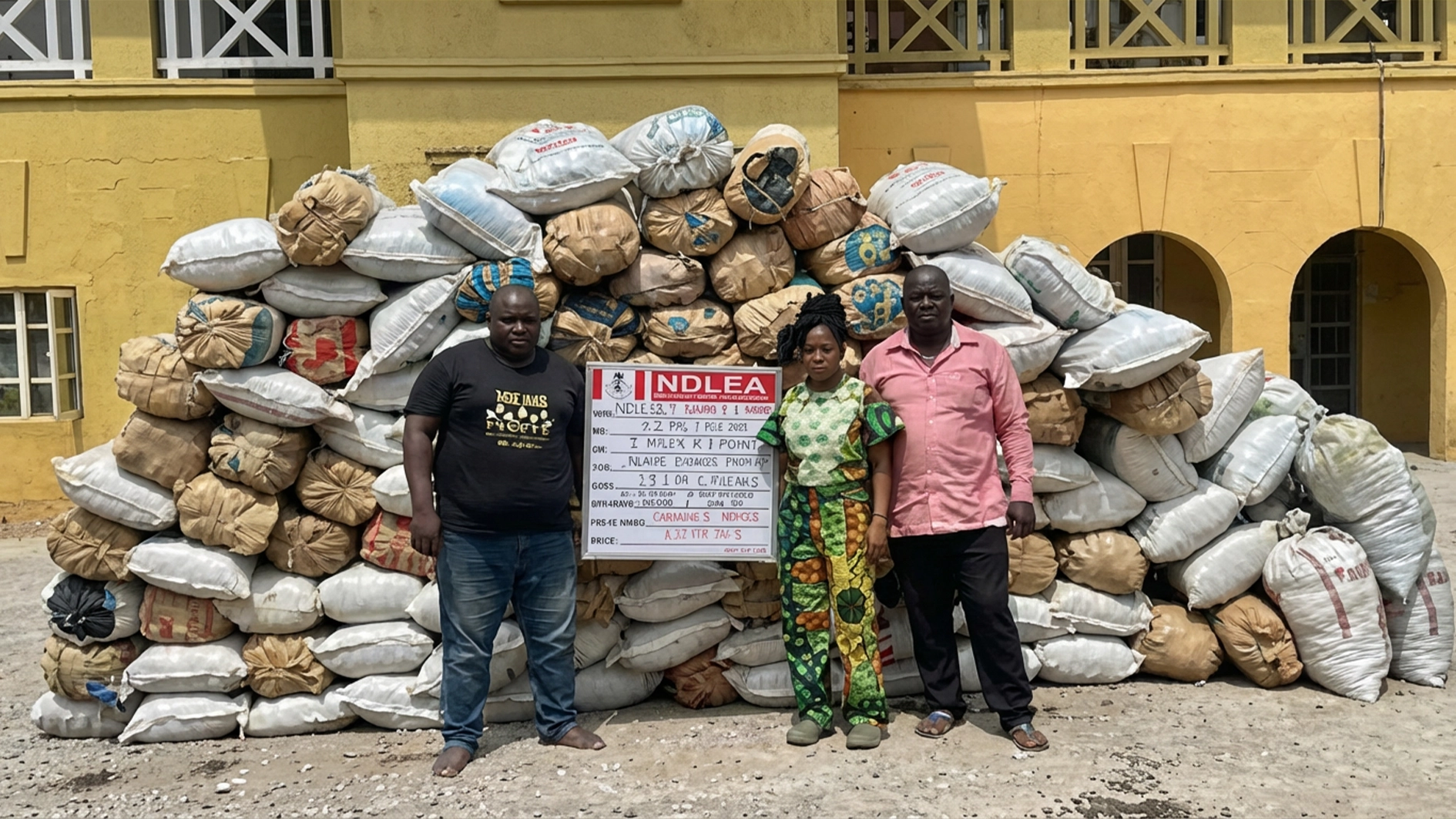With less than two months to the November 2025 off-cycle governorship election in Anambra State, a new risk assessment report has identified Ihiala and Aguata local government areas as the most volatile hotspots.
The report also warned that public trust in the Independent National Electoral Commission (INEC) remains dangerously low.
The report, titled “The Early Warning: Assessing Pre-Election Security Risk Ahead of the 2025 Anambra Off-Cycle Governorship Election”, was conducted by the Kimpact Development Initiative (KDI) across all 21 LGAs of the state.
The document, presented by the executive director of KDI, Bukola Idowu, to stakeholders on Friday in Abuja, painted a picture of insecurity, political rivalry, and fragile institutional trust that could undermine the credibility of the poll.
According to the report, Ihiala and Aguata stand out as severe risk LGAs, where a combination of youth mobilisation, political thuggery, and historical disputes over candidate selection make the areas flashpoints for potential electoral violence.
Other LGAs categorised as high risk include Awka South, Ogbaru, Onitsha North, Anaocha, Idemili North, Idemili South, Nnewi North, Orumba North, Orumba South, Anambra East, and Dunukofia.
Onitsha South, Njikoka, Nnewi South, and Anambra West were classified as moderate-risk zones.
Idowu recalled that in Ihiala, insecurity was so severe during the 2021 governorship election that INEC was unable to conduct voting on election day, resorting instead to a supplementary poll.
In Aguata, the birthplace of Governor Charles Soludo, the report cited persistent vote-buying, deep political rivalries, and limited trust in security agencies as factors that heightened the risk of violence.
Beyond the hotspots, the survey reveals an alarming crisis of confidence in INEC, with nearly 71.5 per cent of respondents expressing either very little or no trust at all in the commission’s ability to conduct free and fair elections.
Only 15.28 per cent of Anambra citizens said they had a great deal of trust in INEC, while 13.19 per cent indicated some trust.
According to the document, majority linked their scepticism to the 2023 general elections, when glitches in the Result Viewing Portal (IReV), delays in result transmission, and operational failures raised doubts about electoral transparency.
The report warned that these trust deficits could fuel voter apathy and unrest, revealing that Anambra has already recorded a historic decline in turnout, falling to just 10.3 per cent in the 2021 governorship election, despite high political awareness .
“Perception matters as much as performance. In a competitive environment with active online narratives, even isolated failures can be generalised as systemic bias”, it said.
The document stressed that without urgent measures to rebuild credibility, operational challenges such as the late arrival of voting materials, malfunctioning BVAS machines, and opaque collation could trigger widespread suspicion, disinformation, and unrest.
Security agencies were also flagged as facing a trust crisis, with citizens citing unresolved abuses, heavy-handed tactics, and opaque auxiliary operations in areas such as Nnewi and Ogbaru as reasons for their lack of confidence.
INEC, according to the report, must prioritise operational basics: timely logistics, stress-tested BVAS deployment, credible result management, and transparent incident reporting.
It also recommended real-time updates on polling arrangements and the immediate publication of LGA-level results as trust-building steps, while advising security agencies to strengthen community engagement, adopt transparent incident protocols, and deploy adequately trained personnel in proportion to LGA risk ratings.






